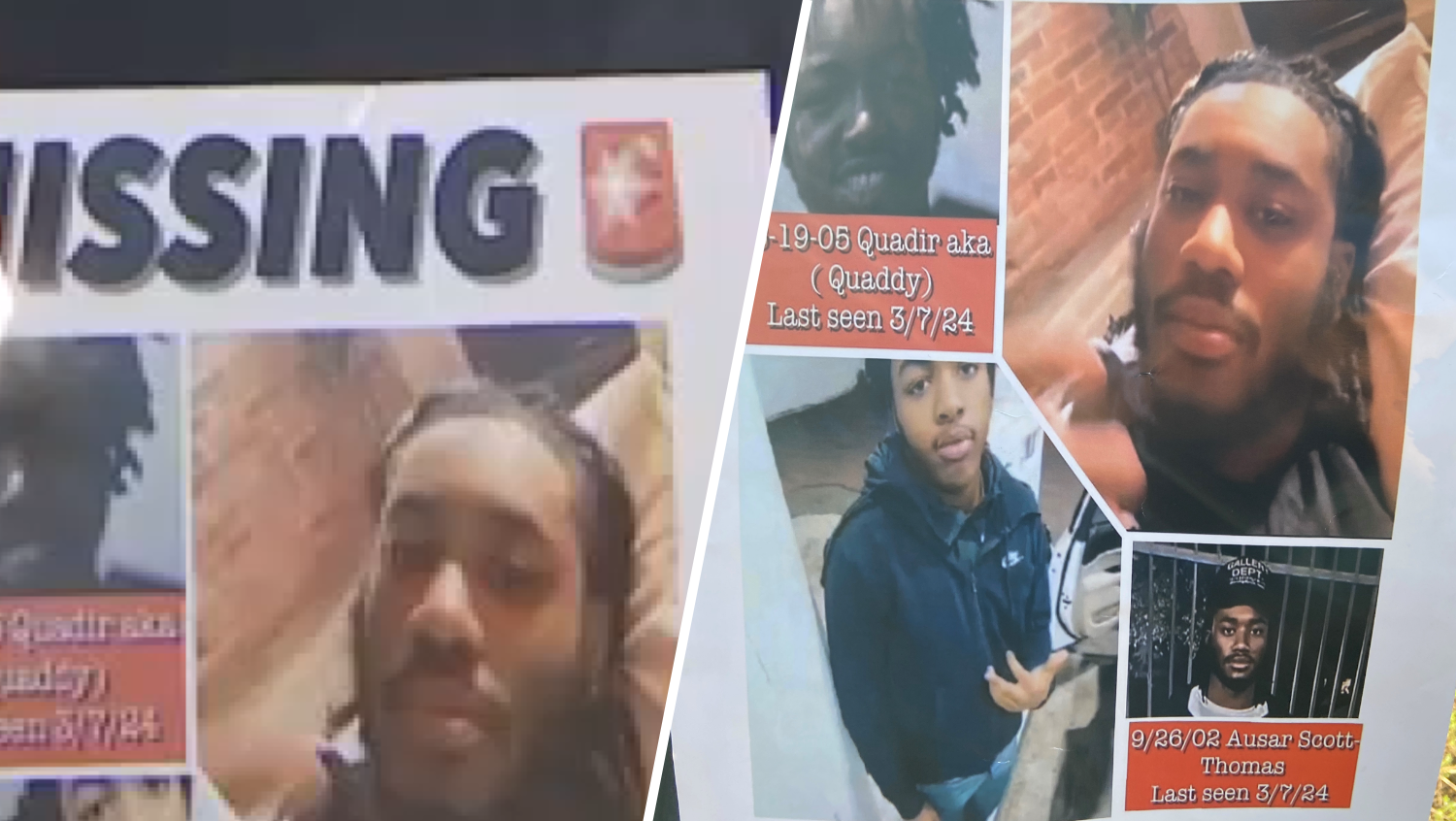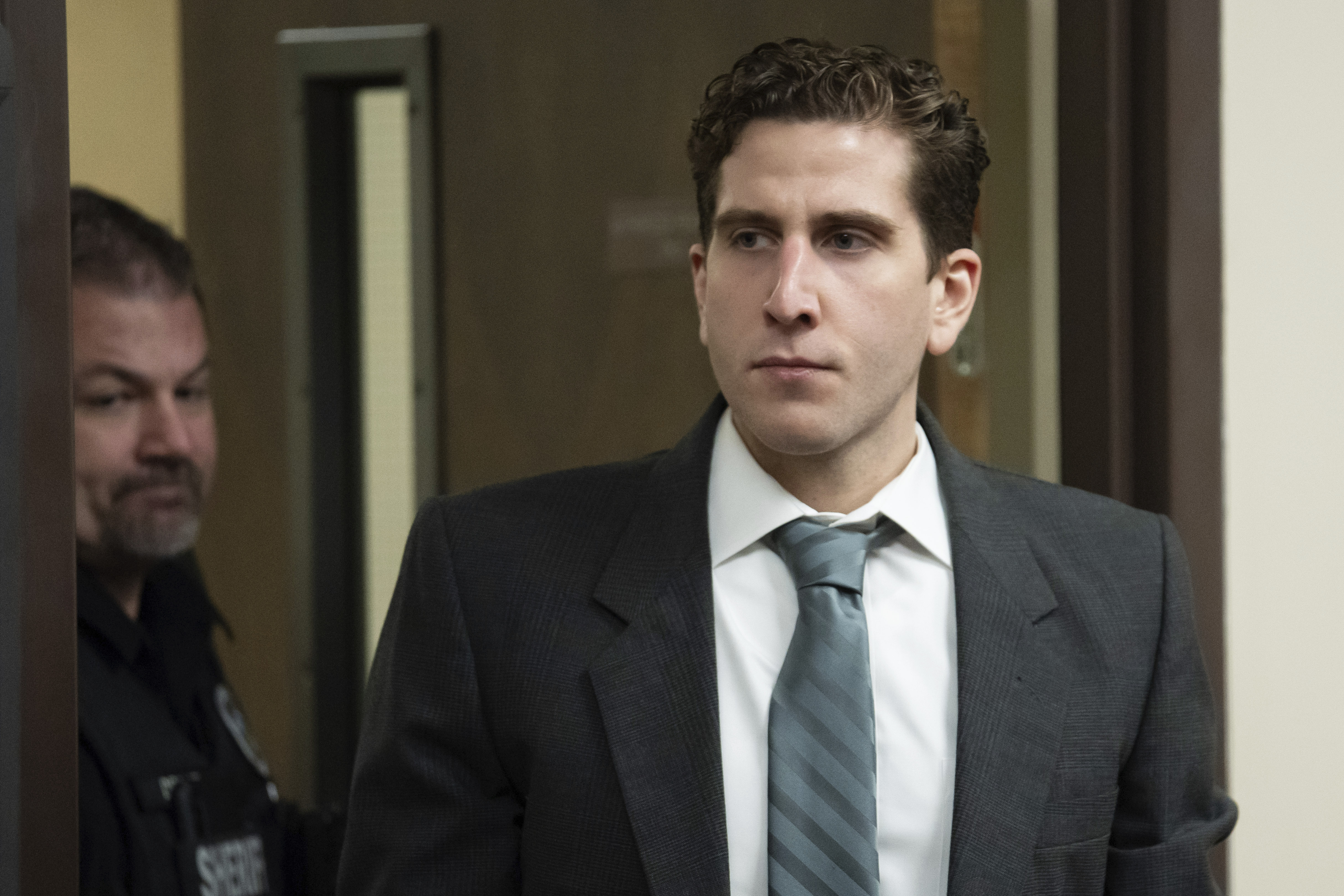Community members will have a say in the sale of dozens of schools slated for closure in Philadelphia, so says the Philadelphia School District.
In the coming months, the district will start the process of selling 23 schools slated for closure at the end of this school year. That process will include the opinions of a handful of people in each neighborhood where a school is being mothballed. They'll be asked to join the school's "sales team."
District spokesman Fernando Gallard says each school building put up for sale will have its own team – up to 10 people – to help choose a buyer.
“The reason why you want one team for each property is because usually each property is in a different location so you want to involve the community, civic associations and any other associations in that area,” he said.
Each team will consist of between two and four members from community organizations, up to three school district representatives, a member of the city planning commission and representative from a city councilperson’s office. A representative from a state legislator’s office can be included on a case-by-case basis.
Gallard says Superintendent William Hite’s office will first send out a request for qualifications for team members. Once they’re chosen by Hite’s office, the district will then start accepting sale proposals or RFPs.
There are three types of development that could take place at the former schools – educational, community and non-profit, and private and commercial. Gallard says preferential treatment will not be given to one type of development.
“We look at the use and that’s when the community members come. That’s when the city planning office comes and also where the political representatives come and provide their input regarding what’s the best use for that community,” he said. “And so we all work together to try and come up with what is the best use for that neighborhood.”
Educational developments could include converting the building into a charter school, private school or use by a college, according to the policy. Faith-based organizations, non-profits and city agencies fit into the second type of development. The district’s sale policy states the development chosen must provide the most benefit to the community.
Local
Breaking news and the stories that matter to your neighborhood.
Private or commercial developments could result in any entity purchasing the property and either convert the building for another use or knock it down.
Each team will then have a set amount of time to make a recommendation for how the school property should be developed. If approved by the superintendent’s office, the recommendation will go to the School Reform Commission for a vote.
“There will be a specific timeline by which time the RFP evaluation team has to make their recommendations to the superintendent,” Gallard said. “There isn’t a timeline yet, because we haven’t triggered this process yet.”
In every case, Gallard says a third-party appraiser will determine the market-value of the property. State law prevents the district from selling the building for another price.
The district has already sold buildings using this process. The most notable sale is the former home of West Philadelphia High School at 4700 Walnut Street. The district approved the sale to a commercial buyer for $6 million in December 2012, according to documents. The building is expected to be converted into residential space.
Gallard says the district expects to save tens of millions of dollars by closing the 23 schools. The closure plan has been a point of contention between parents, education activists, teachers and the district for some time. The money earned from the property sales would provide additional cash for the district.
“The expectation is to sell them as soon as possible so they are off our books and we can save even further money.”
While the sale of school buildings is a priority, the reality of selling former schools is different. A recent study by Pew Charitable Trusts found Philadelphia and 11 other large cities have had trouble off-loading properties. Since 2005, 301 school buildings still remain unused, according to the study.
The study also found 40-percent of the buildings sold or leased in the cities went to charter schools, which could further cannibalize district students and possibly lead to more building closures.
Philadelphia still has six buildings up for sale, according to the study. Gallard says the district recognizes every building won’t sell right away.
“It’s like any sales process at that point. If you’re selling a property and you don’t get any bites, you keep at it.”



